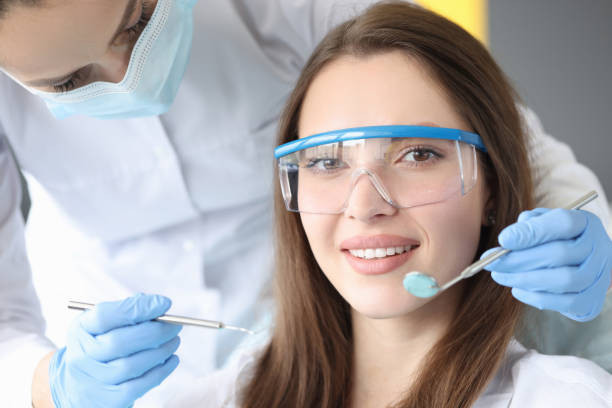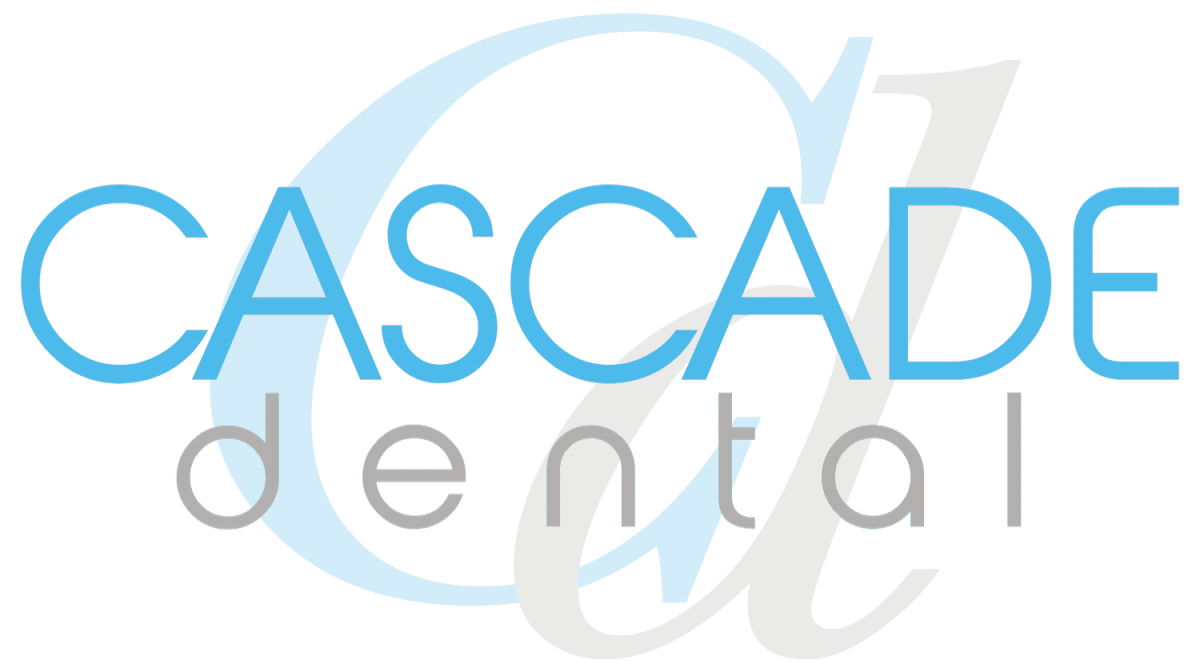You've just had a tooth gone and feel great, but was it worth the aftermath? Almost certainly! That's one of many reasons why orally removing your tooth is such a safe process.
After tooth extraction, you may experience pain or discomfort in the area. Certain foods can help ease recovery, while others should be avoided.
Here are some foods that you might want to eat after your procedure:
0 to 2 Days
A day or two after the extraction, it’s best to stay away from any hard or dense foods. Soft, low-fat food items can help ease pain and inflammation while also helping to put in your stomach.
Here are a few safe foods to consume when you're healing after surgery. This list doesn't include all the food groups, but it is a good place to start. Keep in mind that hot foods should not be consumed post-surgery as your face will still be numb and at risk of burning yourself. Wait at least an hour before trying a warm meal.
You can try any foods that don’t need chewing, such as the following:
- Ice cream or Milkshake
- Lukewarm Soups
- Pudding
- Well Cooked Pasta
- Jello
- Yogurt (Normal or Frozen)
- Soggy Oatmeal or Cereal
- Applesauce
2 to 5 Days
Some patients may start recovering from their bleeding symptoms after 2 days. By this time, you should be able to consume hot foods as the clotting becomes more stable, and you’re less likely to bleed on the area of the extraction.
Some of the foods you can eat include:
- Noodles
- Pasta
- Vegetable Soup
- Eggs
- Cheese
- Bread
5 Days Onwards (Recovery Period)
At this stage, you are ready to try out different foods that you like. But, be sure not to overstress your mouth by eating harder foods that you don’t feel comfortable eating. Try to eat anything you feel is safe and won’t cause bleeding in the extracted area.
Foods to Avoid
If there are foods you can eat after tooth extraction, there are also foods to avoid! Here are some of those:
Crunchy Snacks
It won't be easy to chew solid foods after a couple of days. Keep this in mind while your mouth is healing and avoid eating popcorn, potato chips, pistachios, etc. These foods can get stuck in the hole where the tooth was extracted, thus resulting in irritation, pain, and delayed healing.
Acidic and Spicy Foods
No matter how much you like to eat spicy foods, they aren’t welcome if you just had your tooth removed. These can irritate your gums and mouth and may cause discomfort.
Meat
You can’t eat for some time after tooth extraction. But sometimes, it depends on how fast your wounds heal. Because meat is chewy and requires a lot of grinding and chomping while eating, it may not be good for you to eat it while the wound is healing.
Alcoholic Beverages
Do not consume alcoholic beverages for at least 24 hours after your tooth is extracted. Consuming alcohol could delay your healing or potentially interact with the medications that the dentist prescribed.
10 Tips For Faster Recovery After a Tooth Extraction
Impacted wisdom teeth or severely decayed teeth may require extraction. Consult your dentist to find out if this is best for you. To extract a tooth, the surgeon will cut out a small space from the gum tissue using either a local anesthetic or general anesthesia. The rest of the procedure requires creating an opening in the jawbone and drilling into it to get underneath the tooth.
A tooth extraction is generally a straightforward procedure, but giving your body time to heal after the surgery is important. The healing process usually takes between one and two weeks. Aftercare helps with the process of faster healing.
-
Take Enough Rest
It is extremely important to rest your body after tooth extraction. Refrain from performing any strenuous activities, as well as bending over or lifting heavy objects, since these actions can increase blood pressure levels in the head, triggering bleeding in the post-surgery area.
-
Stick on a Soft-Food Diet
Soft food diets provide the necessary nutrition without harming the tissues that have been surgically treated. This method helps in protecting the delicate area and speeds up the healing process.
After undergoing a tooth extraction, it's important to consume nutritious foods. Healthy choices that may be easy on your digestive system include fruit smoothies, mashed avocado, scrambled eggs, lukewarm broth or soup, oatmeal, or yogurt.
-
Cold Therapy
One common treatment in the post-surgery period is to use cold therapy. This type of therapy helps reduce swelling and speed up healing. There are many different ways in which you can do this, including using ice packs, cold towels, and cool compresses.
-
Limit Salt Intake
It is important to limit the amount of salt that you consume after your tooth extraction surgery; this will help decrease the chances of developing complications such as swelling or infection. It will also help save your gums from infection or bleeding by blocking bacteria from entering the body through saliva glands by restricting their access through food intake.
-
Avoid Alcohol
After your tooth extraction surgery, it is important to avoid alcohol at all costs; this will prevent your mouth from drying up, which would cause your teeth to fall out of place, potentially causing you to need a second surgery. Alcohol can also cause problems such as vomiting and nausea.
-
Take Oral Pain Medications
If your mouth becomes sore after tooth extraction surgery, you may want to apply pain medication over the affected area before going to bed; this will help decrease swelling and irritation in the mouth by reducing inflammation in the tissues.
-
Keep Mouth Moist
The skin in your mouth is extremely sensitive and can become dry, cracked, and chapped due to a new surgery; make sure that you take care of your mouth by keeping it moist. You can do this by either drinking plenty of water or applying a moistened gauze pad over the affected area daily to prevent inflammation from getting in too early.
-
Avoid Smoking If Possible
While smoking may not cause any complications after tooth extraction surgery, it is still best not to smoke afterward because this will likely lead to pneumonia if you are recovering from lung cancer treatment following a dental procedure.
-
Call Your Dentist If You Experience Any Unusual Symptoms
If you experience any unusual symptoms such as:
- unusual or difficult-to-explain swelling
- bleeding
- pain in the jaw muscles or neck
- a sudden increase in fever
- difficulty breathing
- difficulty swallowing
- sore throat when not from a cold or cough
- painful lump near the jaw joint area on one side of your mouth only that does not go away with intake of pain medication for several days
- numbness of mouth on one side only for more than a few hours
be sure to call your surgeon immediately to address these symptoms.
-
Inform Your Surgeon of Any Actions You Have Taken Since the Surgery
If you have been doing anything differently since your surgery, such as wearing a mouth guard, working out, not drinking cold liquids, or eating certain types of food, please let your surgeon know so that you can be assessed and monitored for complications.
Tooth extraction is a common dental procedure that involves removing a tooth from its socket in the jawbone. It is typically performed to address problems such as severe decay, trauma, or overcrowding. Although tooth extraction is considered a simple procedure, it may take several days for a patient to fully recover. During this time, patients must follow their dentist’s instructions for post-extraction care to ensure the best possible outcome and reduce their risk of infection or other complications.
At Cascade Dental, we ensure all our patients are up to speed on post-extraction care by providing a patient packet that includes detailed instructions for aftercare. For example, it may include specific details about how to relieve pressure on the area of the extraction and how to keep teeth and gums clean.































